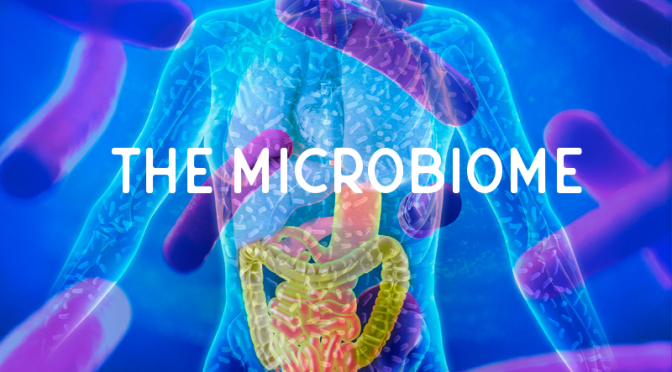
Monkeypox, COVID-19, AIDS: have we progressed so little?
Deaths and sufferings are not a failure of technology or knowledge, but a failure of will.
The world’s reservoirs are ageing — and belching out more methane
But carbon dioxide emissions resulting from the global reservoir-building spree in the 1960s and 1970s are falling.
The Jurassic vomit that stood the test of time
A fossilized pile of small bones is probably a meal that an animal heaved up 150 million years ago.
Rarest of elements yield their secrets with help from mighty metals
Surrounding an ion of curium with radiation-resistant clusters of other ions allows scientists to study the scarce substance.
Why some female hummingbirds mimic males: it’s all about nectar
Some female white-necked jacobins nab good feeding spots by adopting the flashy plumage of their bigger, brasher male counterparts.
A sugary diet wrecks gut microbes — and their anti-obesity efforts
A high-sugar diet unbalances the microbiome, so the body makes fewer of the gut immune cells that help to prevent metabolic disorders.


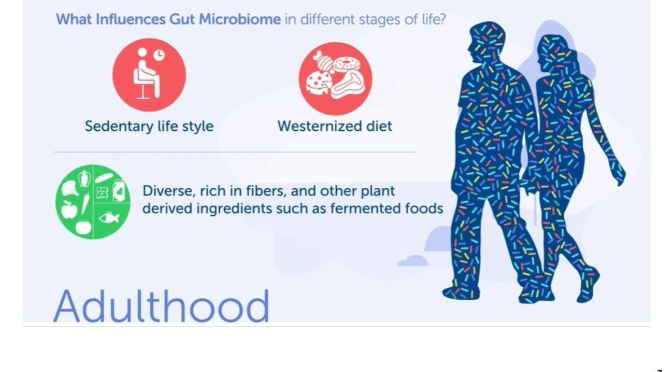

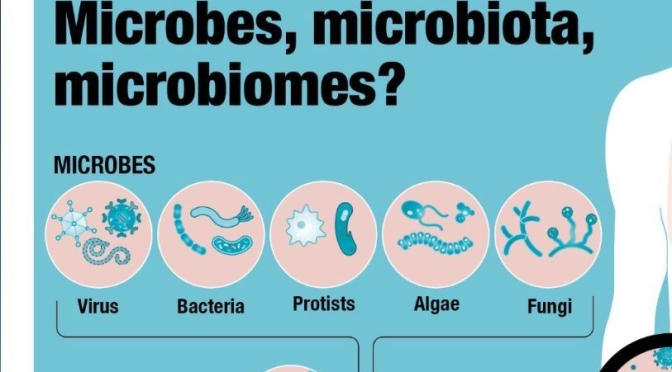
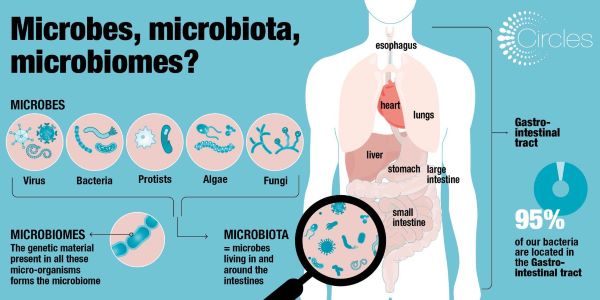
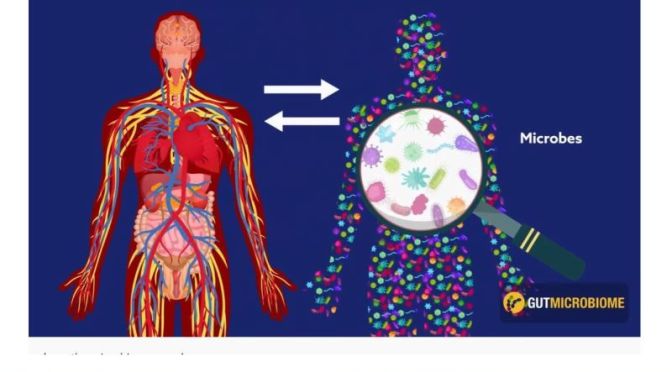
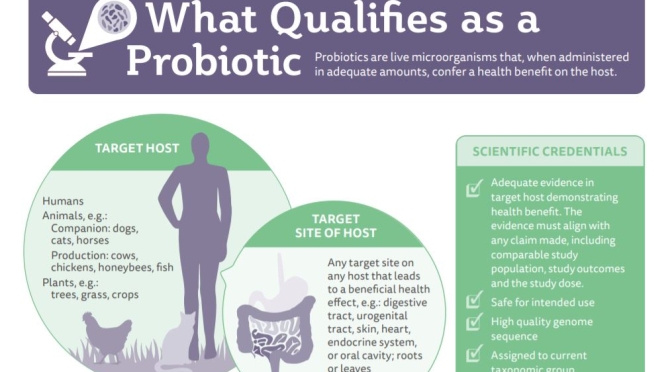

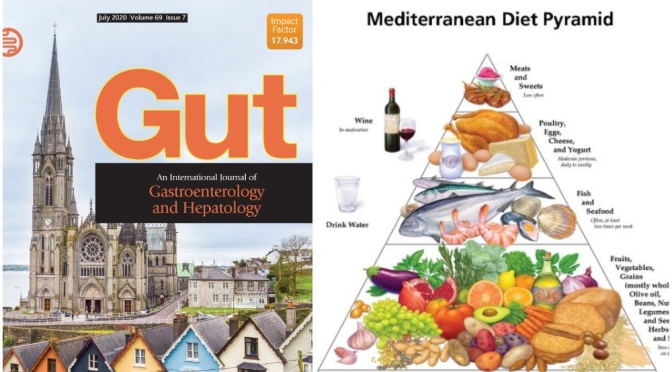
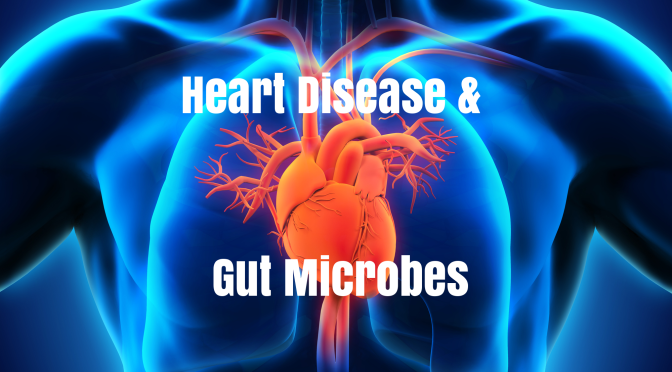
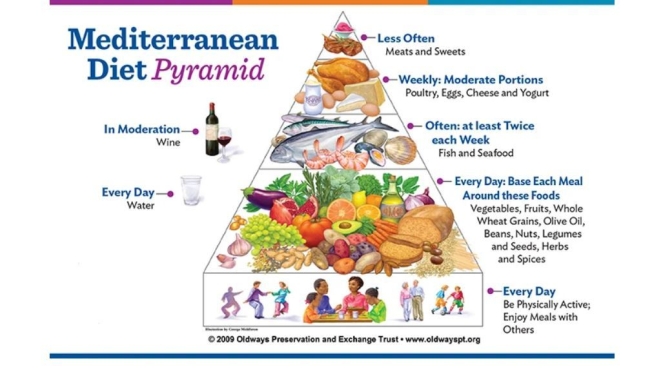
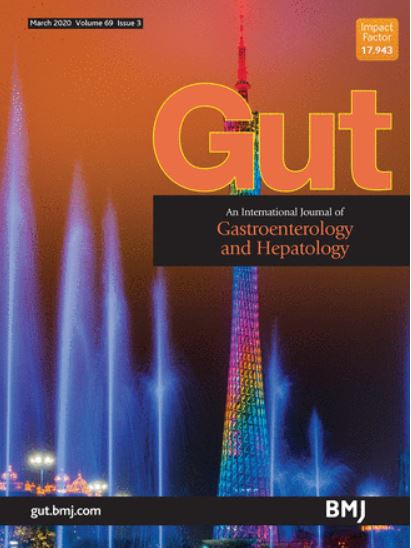 We observed that increased adherence to the MedDiet modulates specific components of the gut microbiota that were associated with a reduction in risk of frailty, improved cognitive function and reduced inflammatory status.
We observed that increased adherence to the MedDiet modulates specific components of the gut microbiota that were associated with a reduction in risk of frailty, improved cognitive function and reduced inflammatory status.